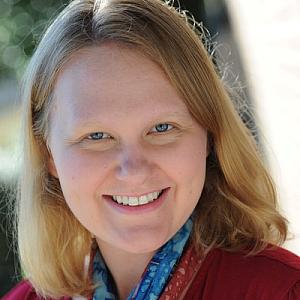
Amber Dance
Freelance science journalist

Freelance science journalist
Amber Dance, Ph.D., an award-winning freelance science journalist based in Southern California, co-authors the Center's Health Divide column. She also contributes to publications including PNAS Front Matter, The Scientist, and Nature. She also edits books on a variety of topics.
After earning a doctorate in biology, Amber Dance re-trained in journalism as a way to engage her broad interest in science and share her enthusiasm with readers. She mainly writes about life sciences, with particular expertise in microbiology, cell biology, neuroscience and lab techniques.
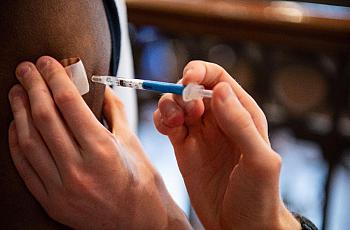
As COVID booster rollouts continue, concerns arise over vulnerable groups missing out on protection.
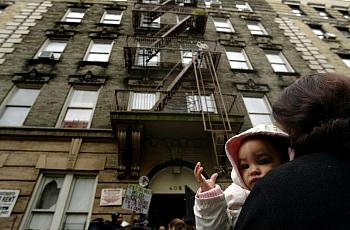
Persistent neighborhood segregation has adverse effects on Black children's health, leading to lead exposure, gun violence risk, and eviction-related trauma.
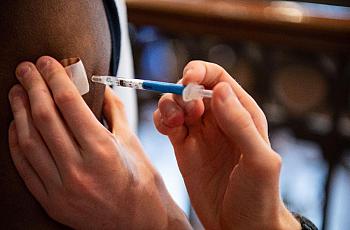
Also, this week: Mental health issues in maternal care, stroke treatment disparities, and health care inequalities.
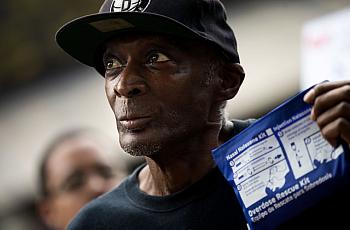
Also, this week: Red Cross welcomes gay blood donors — with exceptions.
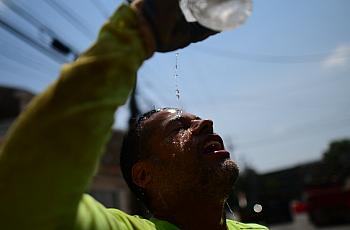
Brutal summer heat puts vulnerable communities at risk; Biden administration initiative meant to address environmental justice may inadvertently widen racial disparities in pollution exposure.
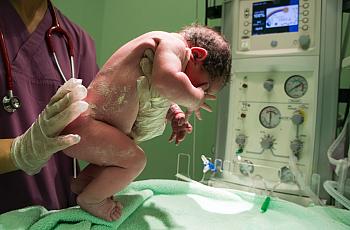
A Los Angeles hospital is under investigation after the death of a Black woman in its maternity care. The lack of diversity in clinical trials for an Alzheimer's drug raises concerns for patients.

Also this week: Asian Americans with ADHD go underdiagnosed, and report details failings in health care for women, people of color.

As the COVID-19 crisis evolves into a new normal, this issue marks the final edition of the Coronavirus Files.
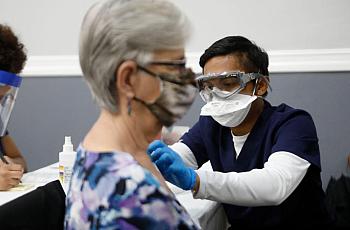
After three years of weekly dispatches, today marks our second-to-last Coronavirus Files newsletter.
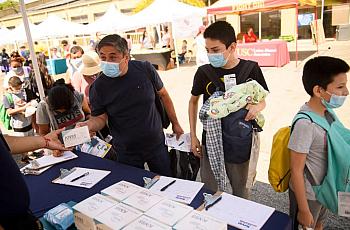
Pandemic lessons may improve long-term health equity.